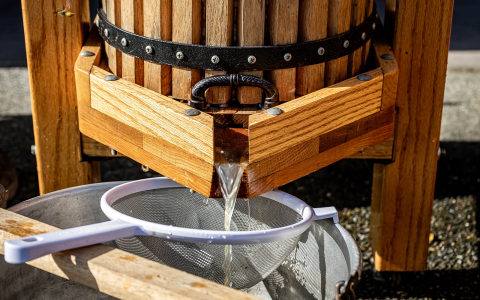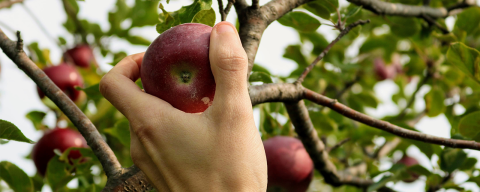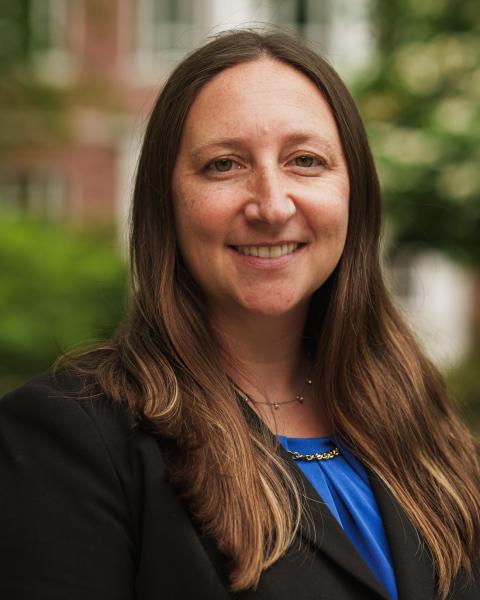Rural Resilience
According to the National Institute on Aging, the health risks of prolonged social isolation are equivalent to smoking 15 cigarettes a day. Isolation is a challenge faced by many residents in New Hampshire, particularly in the state’s rural towns.
To address health issues like social isolation, UNH Extension is leveraging a nearly $400,000 Rural Health and Safety Education grant from the National Institute of Food and Agriculture to build resilience in rural communities with an initial focus on three regions — Kearsarge, Mascoma and Haverhill.
Melissa Lee, project co-director and youth and family resiliency field specialist for UNH Extension, says that needs in the arena of personal, community and system health and well-being are immense, due to new and intensified adversities that act as barriers to health.
“We are engaging in the community change cycle process to build community resilience. We want to help people not only overcome challenges but to thrive in the face of adversity,” she says.
Sue Cagle, UNH Extension community and economic development field specialist, joins Lee in directing the project. Each community is using $10,000 to implement an action plan with technical assistance and facilitation support from the UNH Extension project team.
For example, partners in the Kearsarge region have formed the Kearsarge Community Network (KCN) to prioritize action around reducing isolation and increasing connection to community. According to a New London Hospital 2021 Community Health Needs Assessment, about one in every four respondents were currently experiencing loneliness or loss of connection to faith or social groups because of the societal impacts from the COVID-19 pandemic.
The KCN, under the guidance of local coordinator Carol Conforti-Adams, is seizing opportunities to leverage existing resources to promote connection. Members have organized several events to harvest excess produce, also known as gleaning, to distribute to local food pantries.
The first gleaning sprung from a neighbor who didn't know what to do with the abundance of apples growing from their backyard trees. The KCN enlisted nursing students from Colby Sawyer College to harvest the apples. This initial event led to more multigenerational gleaning opportunities, with college students harvesting apples alongside preschoolers from Windy Hill School. The Kearsarge Food Hub processed some of the apples into cider and made fresh cider donuts for Bradford Celebration Day where families could engage with an apple cider pressing activity.
By recognizing strategic collaborations, thousands of pounds of apples, potatoes and carrots that would have otherwise been wasted are now being redirected into local food pantries.

"The more we can learn about each other, the more we can collaborate, the more resources we can spread across the board while engaging our community members," says Conforti-Adams.
In addition to capacity-building, UNH Extension is offering direct training for rural residents in mental health and chronic pain and disease management.
Learn More About Extension's Community Resilience Work
The Building Community Resilience Team was recognized for their work with the National Cross Program Team Award at the National Association for Community Development Extension Professionals Conference in Coeur d’Alene, Idaho in spring 2023.
The team includes: Principal Investigator Kendra Lewis, UNH Extension youth and family resiliency state specialist; Project Co-director Melissa Lee, UNH Extension youth and family resiliency field specialist; Project Co-director Sue Cagle UNH Extension community and economic development field specialist; Grant Coordinator Alyssa Lemmermann, UNH Extension health and well-being teacher; Partner Beth Gustafson, Wheeler Foundation for Healthy Communities.


